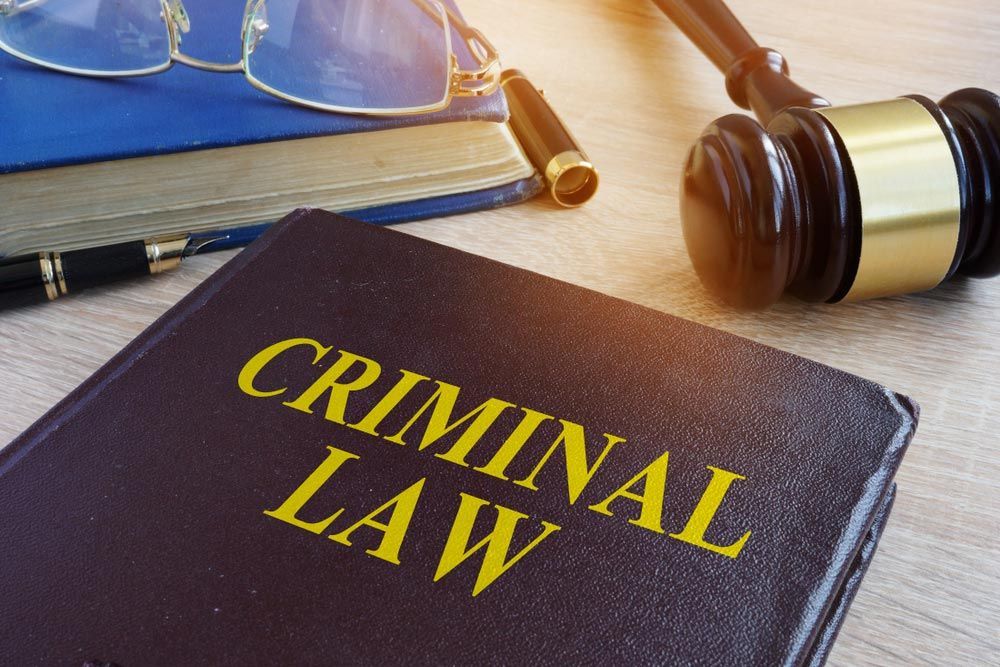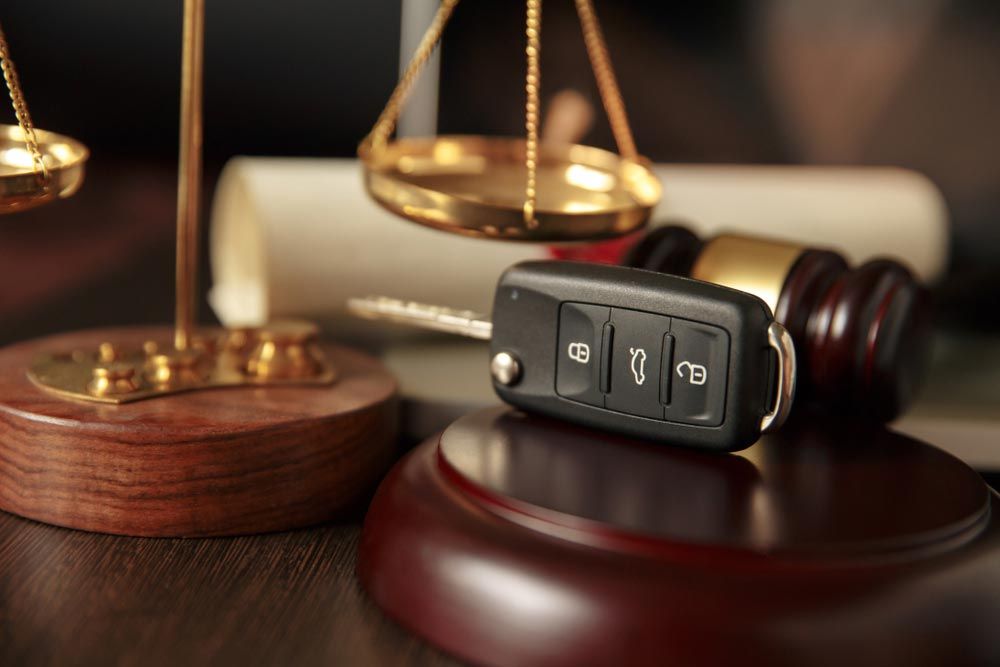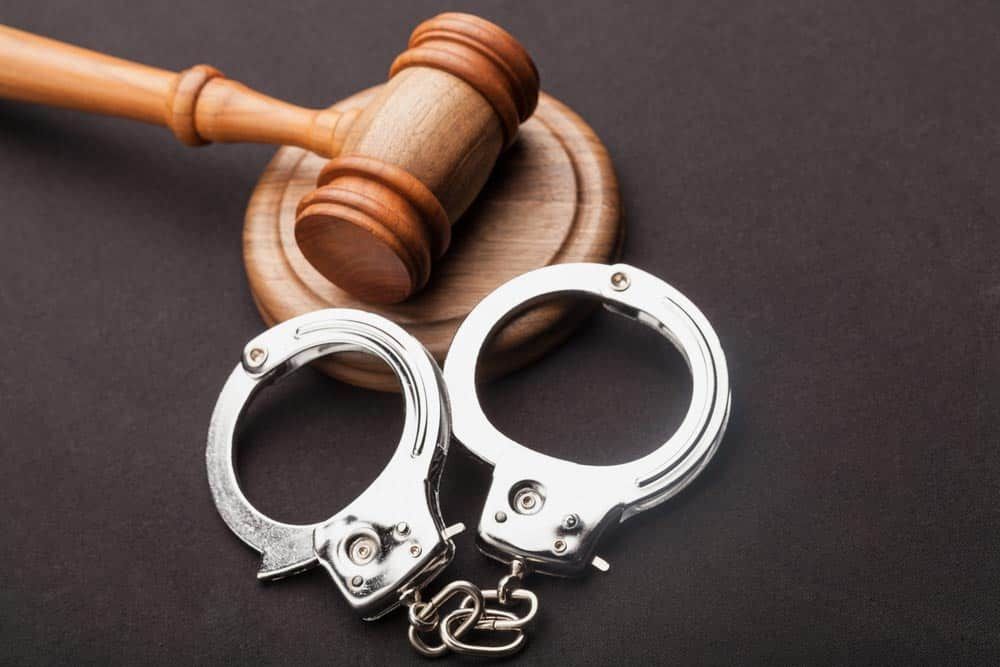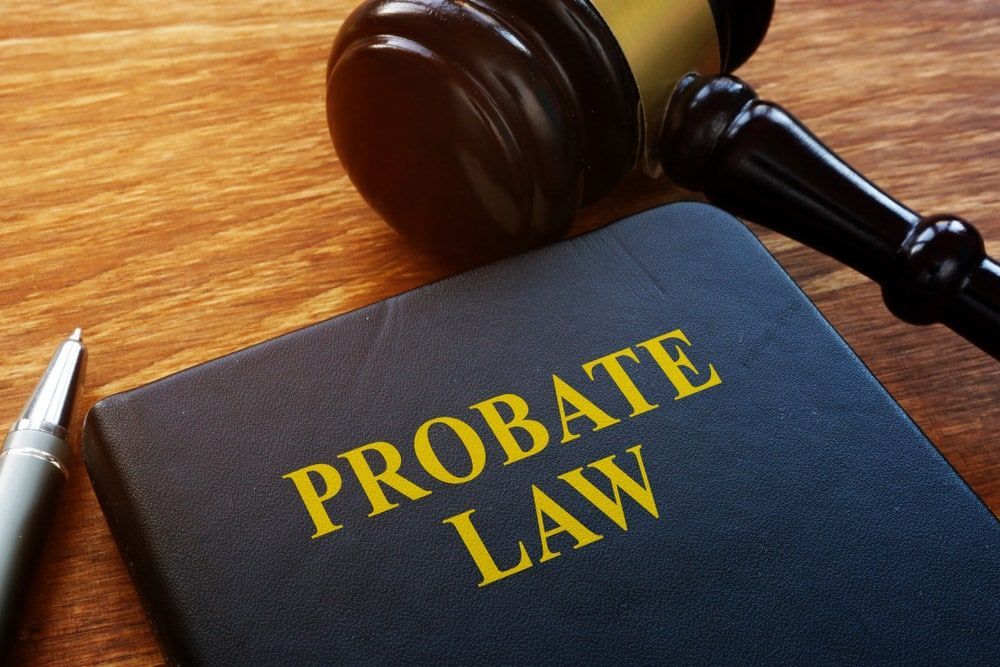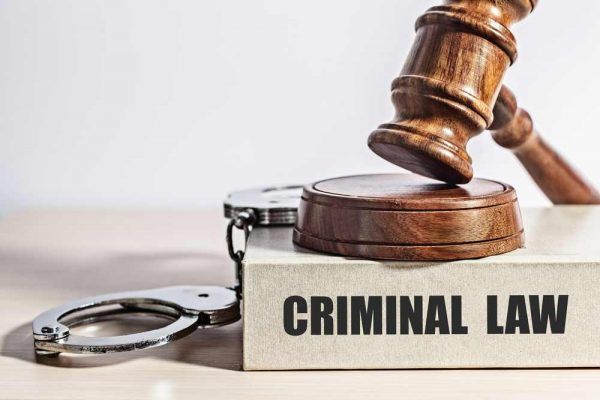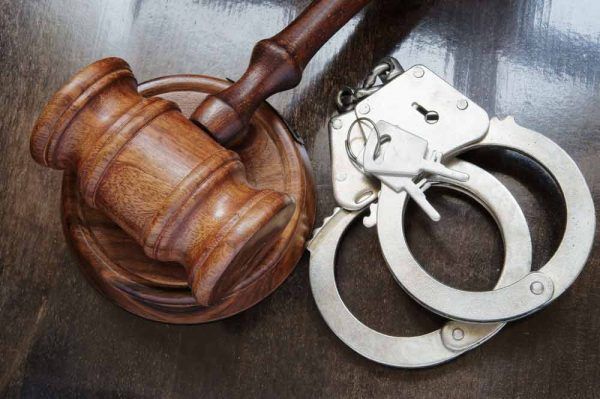How Can A Drug Trafficking Defence Lawyer Help My Case?
Drug trafficking charges are among the most serious criminal allegations an individual can face. These charges often involve complex legal proceedings, significant stress, and the possibility of long-term consequences. Understanding how a drug defence lawyer can assist individuals and families navigating this difficult situation is an important first step. Legal representation provides essential guidance throughout the criminal justice process and can influence how the case is handled.
In this blog post, we’ll help you understand how a drug charges lawyer can assist in the context of drug trafficking allegations, highlighting the various roles they play without making assumptions about legal outcomes.

Assessing the Strength of the Evidence Against You
A defence lawyer will typically begin by evaluating the evidence used to support the charge. This process involves examining how the police obtained the evidence and determining whether all legal procedures were followed.
Some areas they may review include:
- The legality of the search and seizure procedures
- Whether warrants, if used, were lawfully issued and executed
- The chain of custody for any seized substances
- The relevance and admissibility of any surveillance or digital communications
Analysing these factors can help identify whether the case complies with legal standards. The lawyer can raise issues with the court for consideration if issues are identified.
Crafting a Strategic Defence Tailored to Your Circumstances
No two cases are the same. A lawyer can provide advice based on the specific circumstances of the allegation. While not all defences will apply in every situation, various legal strategies may be explored depending on the evidence and surrounding context.
These strategies might include:
- Questioning whether the accused knew about the drugs
- Arguing the presence of duress or coercion
- Exploring the possibility of mistaken identity
- Assessing if the accused had control over the area where the drugs were found
These approaches are considered in consultation with the client and according to applicable legal standards.
Negotiating with Prosecutors to Reduce Charges or Penalties
In some matters, lawyers discuss with the prosecution to explore the possibility of alternative charges or agreed sentencing submissions. Formal legal protocols govern this process and must align with applicable sentencing principles.
Negotiation may be considered when:
- The evidence supports a lesser charge
- The accused has limited prior contact with the justice system
- There are personal or medical circumstances relevant to sentencing
- Early acceptance of responsibility is a factor
While outcomes vary, negotiation is a routine aspect of criminal law and can form part of a broader defence strategy.
Representing You in Court with Confidence & Clarity
Courtroom proceedings follow strict procedural rules. A drug trafficking defence lawyer is critical in guiding clients through hearings, preparing necessary legal documents, and representing them during trial or sentencing.
Their responsibilities may include:
- Preparing bail applications and addressing concerns raised by the court
- Cross-examining prosecution witnesses and presenting evidence
- Making submissions about the law and applicable precedents
- Ensuring the client understands each stage of the legal process
Representation helps ensure that all procedural safeguards are observed and arguments are presented in a structured and lawful manner.
Protecting Your Rights During Police Questioning
Early interactions with police, particularly during questioning, can significantly influence the course of a criminal investigation. This phase can be legally complex, and individuals may be unsure of their rights or feel pressured to provide information. Engaging with a lawyer at this stage can clarify the legal framework governing police interviews and help individuals make informed decisions.
A lawyer may assist with:
- Explaining the right to silence and how it applies in different circumstances, including its potential legal implications
- Advising on whether to participate in an interview or provide a written statement, based on the nature of the allegations and available information
- Being present during questioning, where permitted, to help ensure the process remains within lawful boundaries
- Clarifying the meaning of cautions or formal notices issued by police, which may affect the individual’s legal position
Understanding these aspects before engaging with the police can help individuals navigate the process. While the decision to answer questions remains personal, seeking legal advice beforehand may help ensure that it is made with full knowledge of the possible outcomes.
Identifying Alternative Sentencing Options
Where a matter proceeds to sentencing, a lawyer may assist in identifying and presenting alternatives to imprisonment, if appropriate and available under the law. This can depend on the jurisdiction, the nature of the offence, and the individual's personal circumstances.
Some alternatives that may be raised include:
- Community correction orders
- Residential rehabilitation or intervention programs
- Good behaviour bonds or non-custodial options
- Deferred sentencing opportunities, where available
Participation in these programs is not guaranteed, but the court may consider it as part of a broader sentencing approach.
Managing Complex Legal Processes & Documentation
Criminal proceedings involve extensive documentation, deadlines, and procedural requirements. Defence lawyers help clients navigate these obligations and work to have submissions and filings completed in line with court expectations.
They assist with:
- Drafting and lodging legal motions
- Submitting evidence and witness lists
- Meeting disclosure obligations
- Responding to prosecution materials
Managing these responsibilities can support the smooth progression of the matter and help maintain compliance with legal requirements.
Providing Reassurance & Support Throughout the Legal Journey
Facing a serious criminal charge can be deeply distressing. In addition to legal guidance, a lawyer can offer support by helping clients understand the process and stay informed about developments in their case.
Support includes:
- Clarifying court dates and legal terminology
- Offering realistic perspectives about legal options
- Liaising with family members or support services
- Connecting clients with counselling or rehabilitation services where appropriate
While a lawyer’s primary role is legal representation, clear communication and transparency can help individuals and families cope with the demands of the justice system.
Learn More from a Drug Defence Lawyer
At Spencer Lawyers, we understand how complex and confronting drug-related charges can be. Our team provides tailored legal representation to clients dealing with drug offences in Gosford and the surrounding areas. If you or someone you know is facing a drug trafficking allegation, we encourage you to get in touch via our contact page or give us a call for more information or to book a consultation. Seeking legal advice can help you understand your options and rights at every stage.

